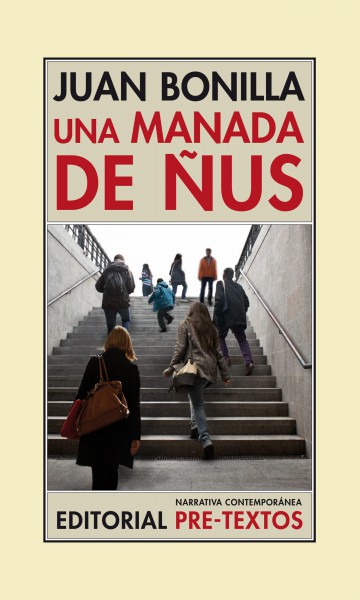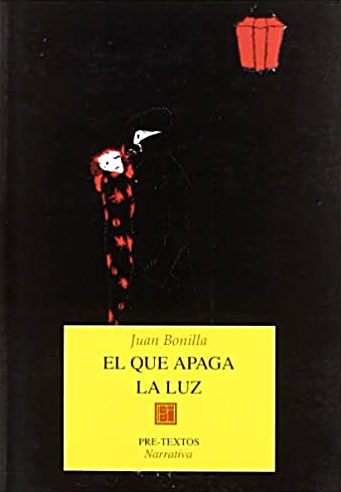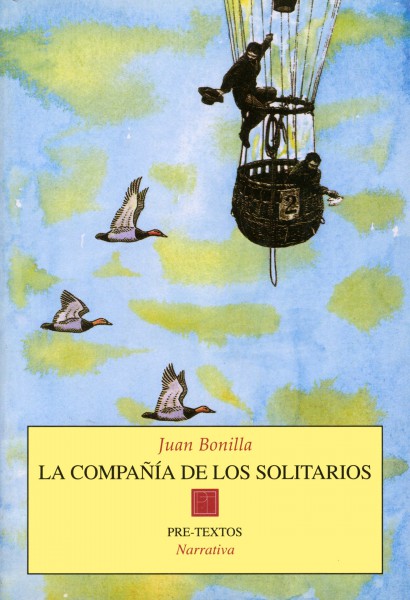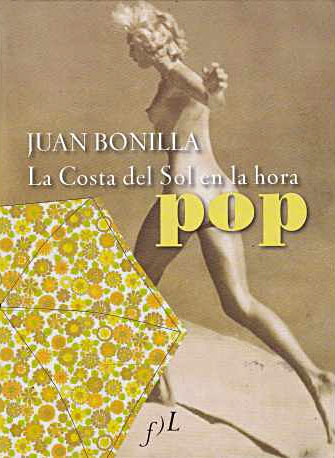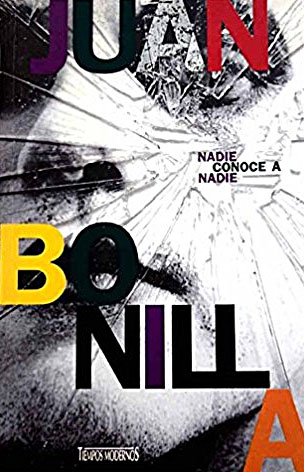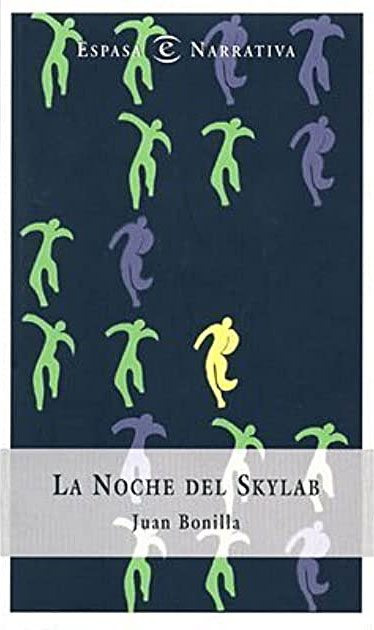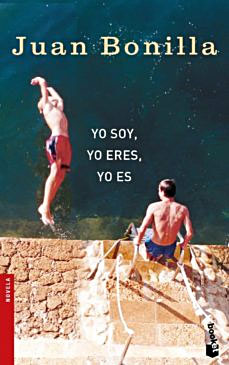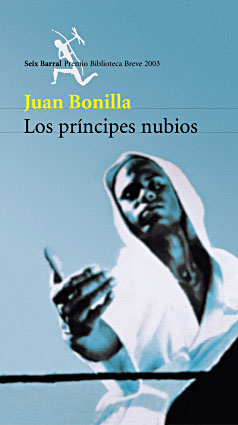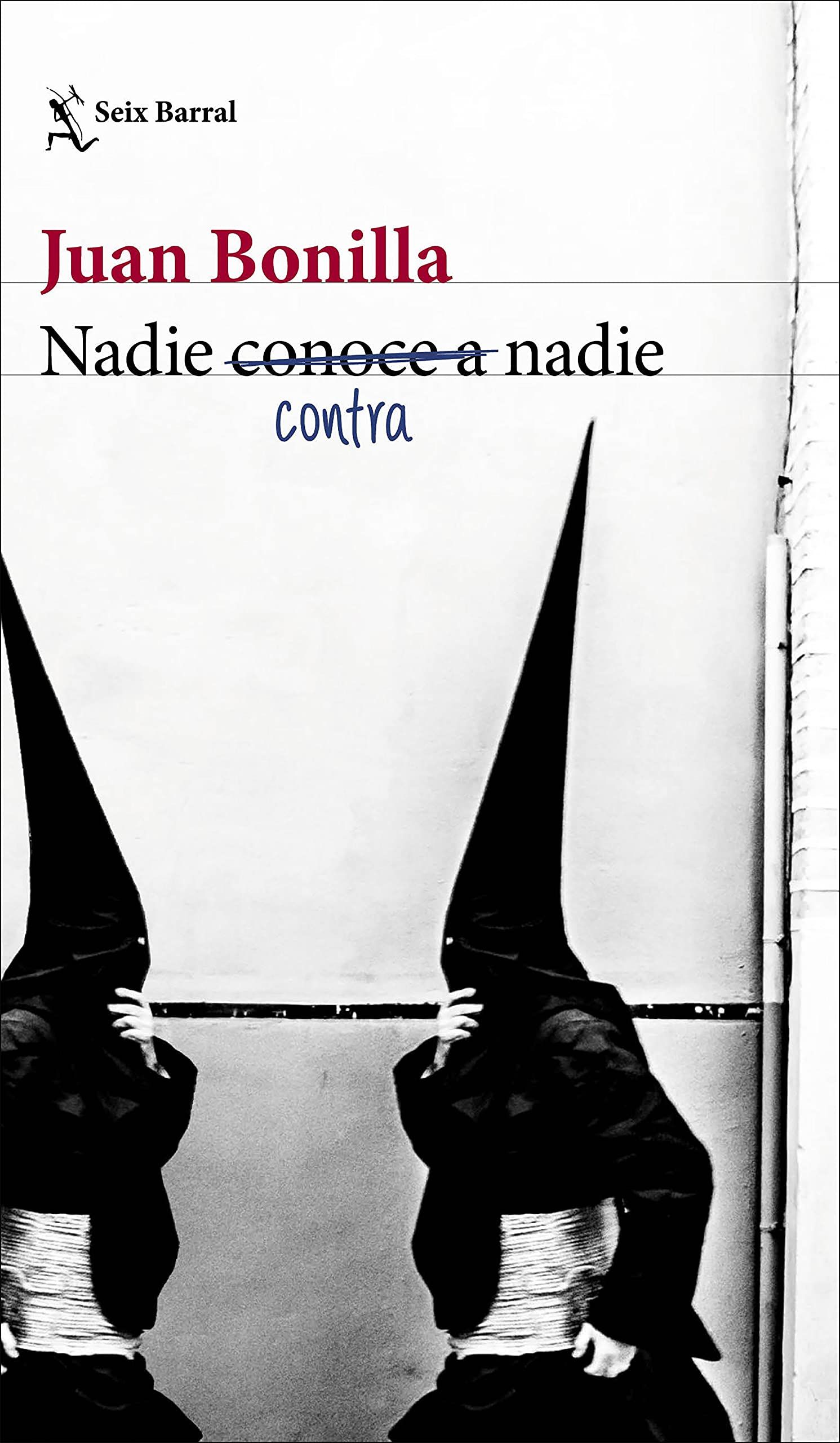
NADIE CONTRA NADIE
In 2000, during Holy Week, a series of apparently organized stampedes in various parts of the city sent panic through Seville’s madrugá.
The incidents seem to be inspired by Nadie conoce a nadie, a novel published in 1996 by Juan Bonilla and brought to the screen by Mateo Gil three years later, becoming a cultural phenomenon in the process. The case led the police to a multitude of hypotheses, from a chance explosion to an organized plot to a role-playing game, and the events occupied the headlines for months before the case was shelved. Even today, what happened remains a mystery.
More than two decades later, in Nadie contra nadie, Bonilla has written the definitive version of the story that catapulted him into the highest echelons of Spanish literature. The result is a novel that parodies the codes of popular culture (detective novels, thrillers, blockbusters), investigates the Alonso Quijano syndrome, and examines the vices of books not content simply to be fiction.


